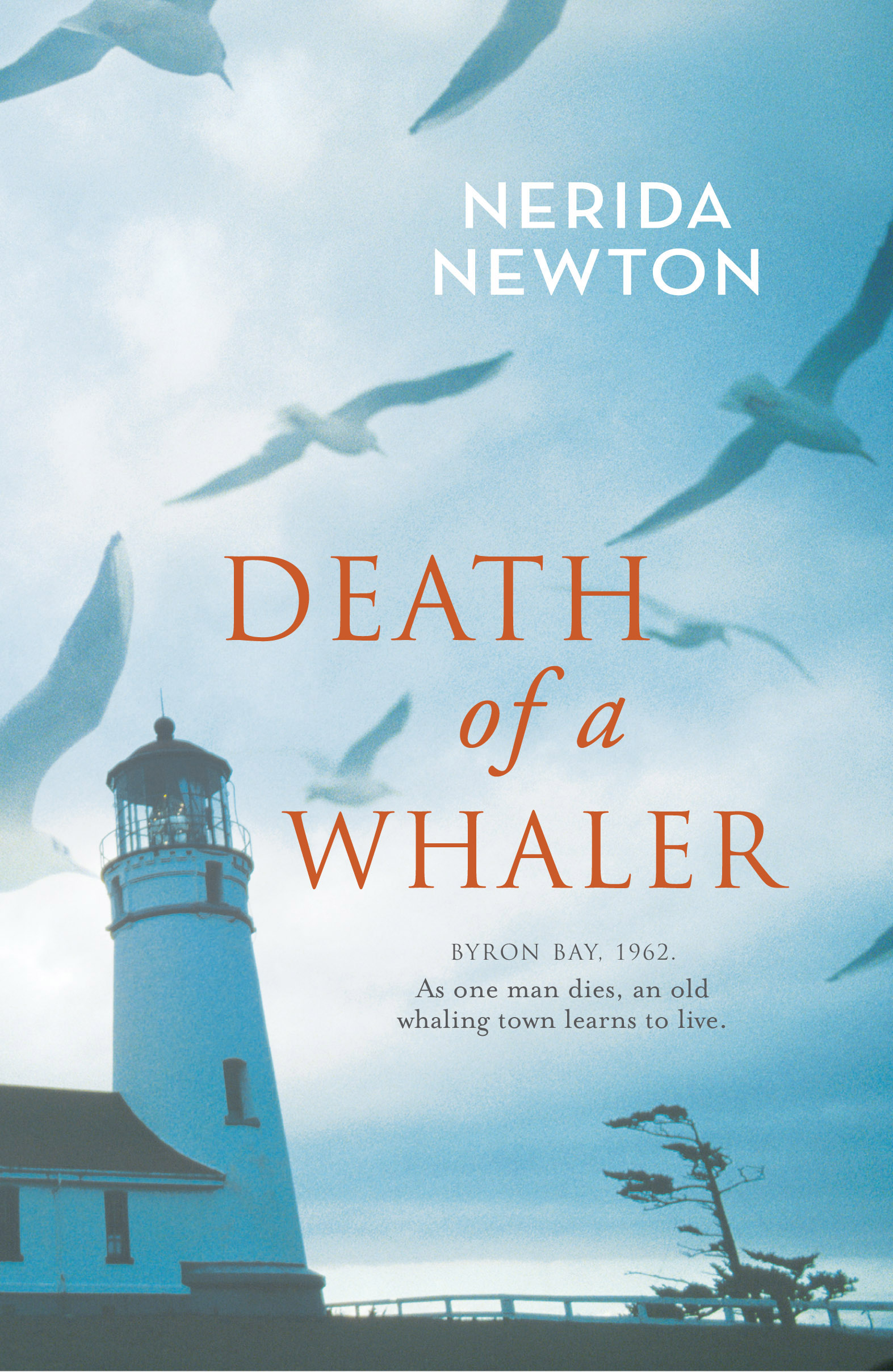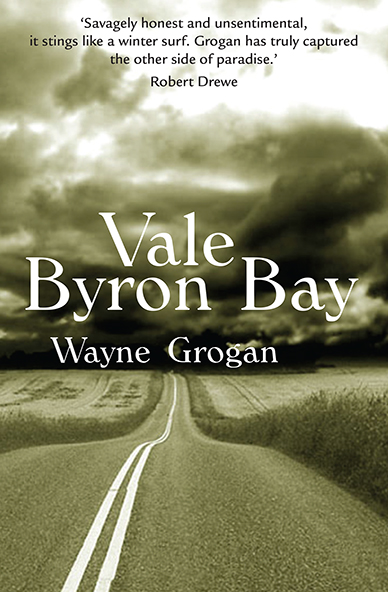Allen & Unwin
Film | Theatre | Art | Opera | Music | Television | Festivals
Welcome to ABR Arts, home to some of Australia's best arts journalism. We review film, theatre, opera, music, television, art exhibitions – and more. To read ABR Arts articles in full, subscribe to ABR or take out an ABR Arts subscription. Both packages give full access to our arts reviews the moment they are published online and to our extensive arts archive.
Meanwhile, the ABR Arts e-newsletter, published every second Tuesday, will keep you up-to-date as to our recent arts reviews.
Recent reviews
Burn: The epic story of bushfire in Australia by Paul Collins
by Tom Griffiths •
Jonestown: The power and the myth of Alan Jones by Chris Masters
by Graeme Turner •
The Gospel According To Luke by Emily Maguire & Rosie Little’s Cautionary Tales For Girls by Danielle Wood
by Louise Swinn •
Vale Byron Bay by Wayne Grogan & Tuvalu by Andrew O’Connor
by Owen Richardson •










